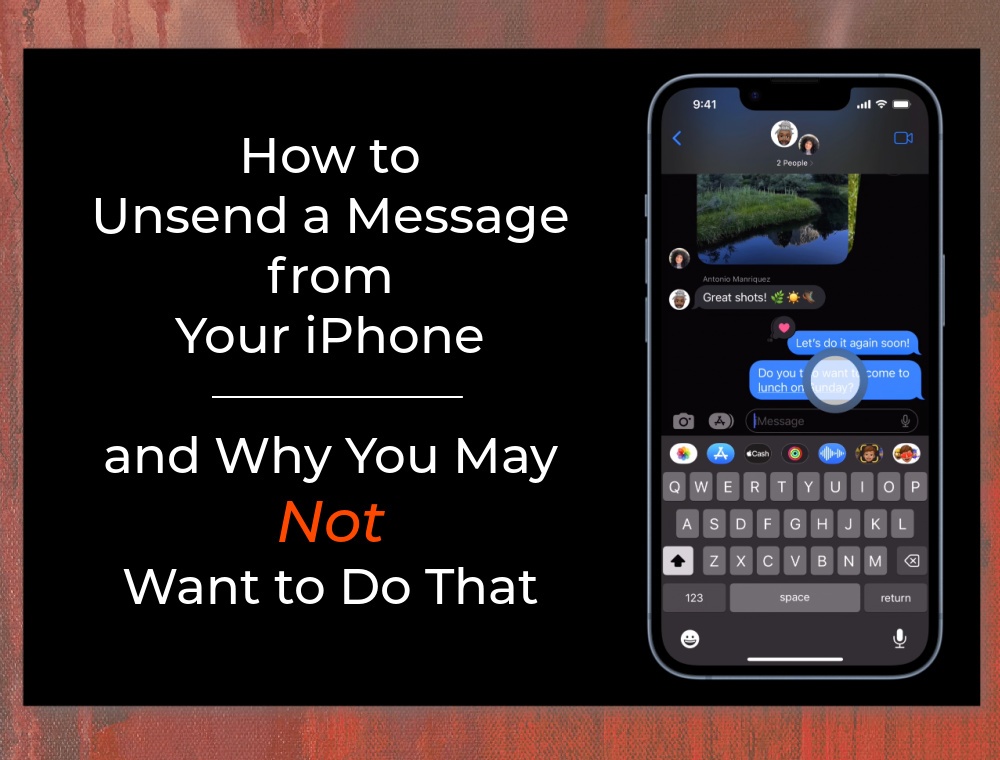
In the age of instant communication, the unsent text message stands as a poignant symbol of unexpressed emotions, unresolved conflicts, and the complexities of human relationships. We live in a world where our thoughts can be transmitted across the globe in a matter of seconds, yet there are times when we hesitate, reconsider, or simply choose not to hit the send button. The unsent text message becomes a silent witness to the intricacies of our inner worlds, offering a glimpse into the emotional landscapes we navigate daily.
The Anatomy of an Unsent Text Message
At first glance, an unsent text message might seem like a mere collection of words and punctuation marks left suspended in the digital realm. However, delve deeper, and you’ll find a rich tapestry of emotions woven into the unspoken words. These messages may range from heartfelt confessions to seething anger, from apologies to declarations of love, each encapsulating a moment frozen in time.
The decision to leave a text unsent can be influenced by a myriad of factors—fear of rejection, uncertainty, pride, or a desire to protect oneself or others from potential hurt. The unsent text message is a vessel containing the weight of what remains unsaid, a reflection of the internal battles we wage between vulnerability and self-preservation.
The Power of Unspoken Words
In the absence of a sent message, the words linger in a state of perpetual anticipation, akin to an unfinished symphony waiting for its crescendo. The recipient is left unaware, creating a space for ambiguity that can be both a source of comfort and torment. The unsent text message becomes a silent dialogue, a conversation confined to the recesses of one’s mind.
It’s this very silence that lends power to the unsent message. In its unspoken state, it has the potential to preserve relationships, shielding them from the potential fallout of hastily spoken words. Conversely, it can also become a source of regret, a missed opportunity to bridge gaps and foster understanding.
The Digital Diary of the Soul
Our smartphones serve as modern-day diaries, chronicling our thoughts, emotions, and experiences. The unsent text message, in this context, becomes a private entry in the digital diary of the soul. It captures the raw, unfiltered essence of a moment, offering a glimpse into the sender’s state of mind at a particular juncture.
The act of drafting an unsent text can be therapeutic in itself. It allows for the articulation of emotions that may be difficult to express verbally. Writing serves as a cathartic release, providing solace to the sender even if the message remains forever unsent. In this way, the unsent text message becomes a testament to the healing power of self-expression.
The Ghosts of Relationships Past
Unsent text messages often become relics of relationships that once held great significance. Whether it’s a message to an ex-lover, a former friend, or a family member with whom ties have frayed, these unsent missives embody the ghosts of connections that linger in the recesses of our digital history.
They represent the road not taken, the words left unsaid that could have altered the course of a relationship. As time passes, these unsent messages may serve as reminders of what once was, prompting reflection on the evolution of personal connections and the inevitability of change.
The Perils of Procrastination
While the unsent text message can be a vessel of introspection and emotional exploration, it also carries the risk of procrastination. Delaying the expression of one’s feelings through a text can inadvertently lead to missed opportunities for resolution and growth.
Procrastination, fueled by the fear of confrontation or rejection, can result in the stagnation of relationships. Unsent messages, piling up in the digital archives, may eventually turn into a graveyard of unfulfilled intentions, a testament to the consequences of hesitating to communicate openly and honestly.
The Unsent Message in Popular Culture
The theme of the unsent text message has not gone unnoticed in popular culture. It has found expression in literature, music, and film as a narrative device that adds depth and complexity to storytelling.
Songs like Adele’s “Someone Like You” and novels like “One Day” by David Nicholls delve into the aftermath of unsent messages, exploring the impact of unspoken words on the characters’ lives. These artistic expressions resonate with audiences, touching on the universal experience of grappling with the ghosts of unsent messages.
Navigating the Unsent Terrain
As we navigate the terrain of unsent text messages, it’s essential to strike a balance between the unspoken and the expressed. While some messages may be better left unsent to protect our well-being, there are instances where communication is crucial for personal growth and relationship development.
The key lies in discernment—knowing when to speak and when to listen, when to hit send and when to embrace the silence. The unsent text message, in all its complexity, serves as a mirror reflecting the nuances of our emotional lives. By acknowledging its presence, we gain insight into our own fears, desires, and the intricacies of the human experience.
Conclusion
The unsent text message, a digital artifact of the human condition, encapsulates the complexity of our emotions and relationships. It stands as a testament to the power of words, both spoken and unspoken, to shape the course of our lives. In a world where communication has become instantaneous, the unsent text message remains a poignant reminder that some things are best expressed in the quiet spaces between the lines. As we navigate the labyrinth of unspoken words, may we find the courage to hit send when it matters most and the wisdom to let silence speak when needed.